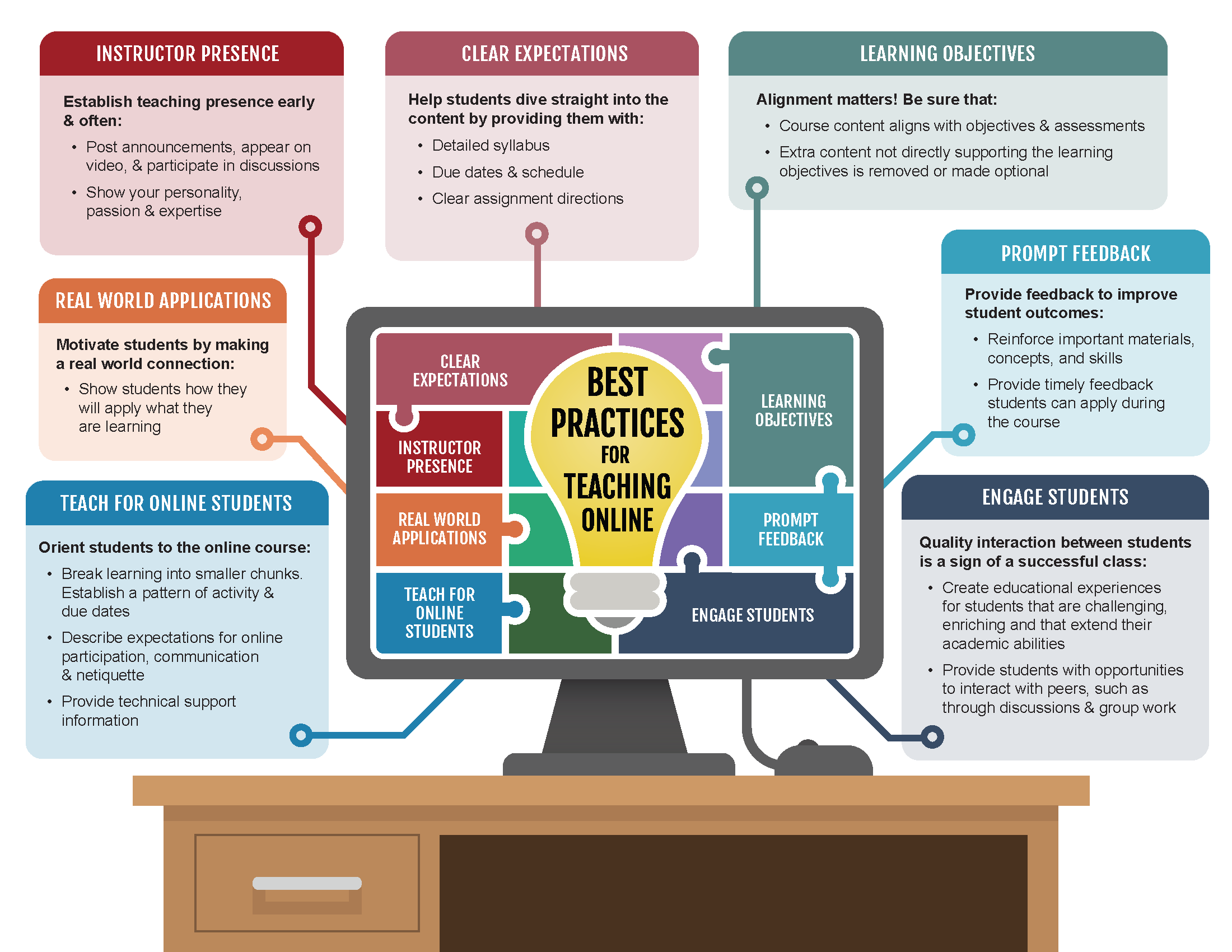
Creating Engaging Online Courses
In today’s digital age, online learning has become increasingly popular. With the rise of technology and the internet, more and more people are turning to online courses to further their education, learn new skills, and advance their careers. However, with so many online courses available, it’s important for course creators to make sure their courses are engaging and interactive to keep students motivated and interested.
Understanding Your Audience
Before creating an online course, it’s important to understand who your target audience is. What are their needs, goals, and pain points? What do they hope to gain from taking your course? By understanding your audience, you can create content that is relevant and valuable to them, making it more likely that they will engage with the material.
Setting Clear Learning Objectives
One of the keys to creating engaging online courses is to set clear learning objectives. What do you want your students to learn by the end of the course? By clearly outlining the goals and objectives of the course, students will have a better understanding of what is expected of them and what they will gain from taking the course.
Interactive Content
Another way to keep students engaged in an online course is to include interactive content. This can include quizzes, assignments, discussions, and other activities that require students to actively participate in the learning process. By engaging with the material in a hands-on way, students are more likely to retain information and stay motivated throughout the course.
Visuals and Multimedia
Visuals and multimedia can also be powerful tools for creating engaging online courses. Adding images, videos, infographics, and other visual elements can help break up the text and make the material more visually appealing. This can help keep students interested and focused on the content, leading to a more engaging learning experience.
Encouraging Interaction
Creating opportunities for interaction between students and instructors can also help make online courses more engaging. This can include live Q&A sessions, discussion boards, group projects, and other activities that allow students to connect with each other and with the instructor. By fostering a sense of community and collaboration, students are more likely to stay engaged and motivated throughout the course.
Feedback and Assessment
Feedback and assessment are crucial components of any online course. Providing regular feedback to students on their progress and performance can help keep them motivated and on track. Assessments, such as quizzes and exams, can also help students gauge their understanding of the material and track their progress throughout the course.
Conclusion
Creating engaging online courses is essential for keeping students motivated and interested in the material. By understanding your audience, setting clear objectives, including interactive content, visuals, and multimedia, encouraging interaction, and providing feedback and assessment, you can create a more engaging learning experience for your students.

